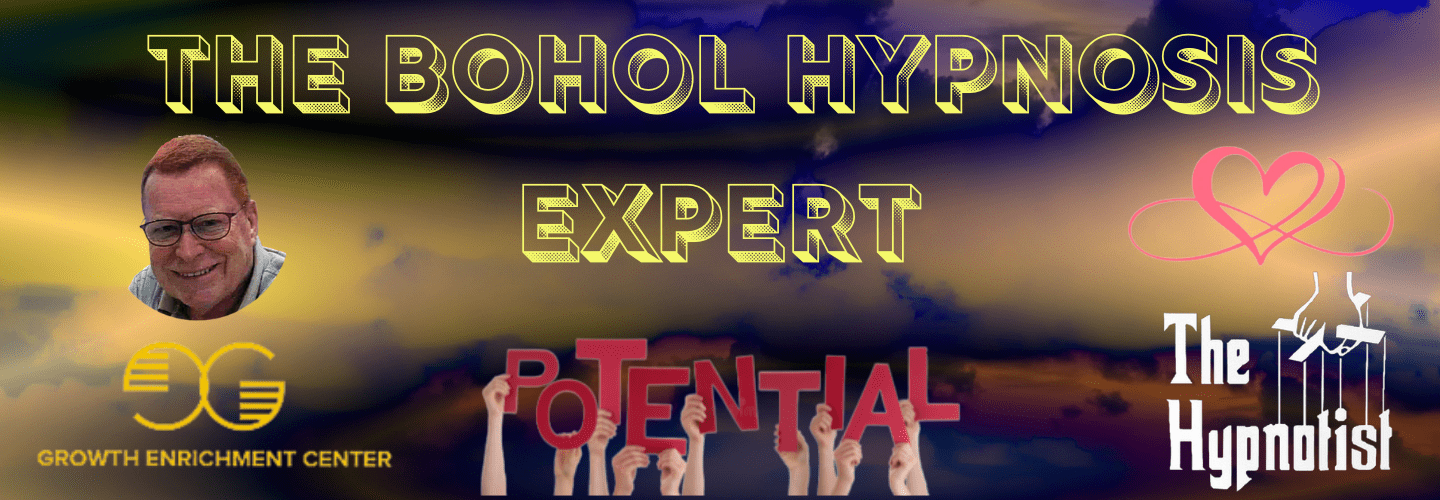
Cognitive Behavioral Therapy (CBT) is a highly effective psychological intervention that systematically targets the roots of psychological distress through cognitive restructuring and behavioral techniques. Extensively studied, CBT has shown unparalleled success in treating conditions such as anxiety and depression, often outperforming other therapies in both speed and efficacy. Its adaptability to individual needs enhances its practical application, ensuring long-term benefits in mental wellness. Exploring further can reveal the profound and empowering mechanisms through which CBT fosters enduring change.
Key Takeaways
- Cognitive Behavioral Therapy (CBT) effectively treats anxiety and depression by restructuring negative thought patterns.
- CBT utilizes cognitive restructuring and behavioral activation to transform maladaptive thoughts and behaviors.
- Personalizing coping strategies in CBT targets individual triggers, enhancing long-term behavioral change and emotional regulation.
- Technological integration, like virtual reality and mobile apps, is expanding CBT's accessibility and engagement.
- Future CBT innovations focus on tailoring interventions through genetic and neurobiological research to optimize outcomes.
Understanding Cognitive Behavioral Therapy: Core Principles and Techniques
Cognitive Behavioral Therapy (CBT) is grounded in the principle that psychological distress is largely a result of maladaptive thoughts and behaviors.
Central techniques like cognitive restructuring help individuals identify and challenge these distorted thinking patterns, effectively altering their emotional responses.
Concurrently, behavioral activation encourages clients to engage in activities that promote positive interactions and emotions, counteracting tendencies towards withdrawal and inactivity.
These methodologies are integrated into a structured, goal-oriented therapy process, facilitating significant improvements in mental health.
Research consistently supports CBT's efficacy, highlighting its role in transforming detrimental cognitions and behaviors into constructive outcomes.
The Proven Effectiveness of CBT in Treating Anxiety and Depression
The efficacy of Cognitive Behavioral Therapy (CBT) in treating anxiety and depression is well-documented, reflecting its status as a gold standard in psychotherapeutic interventions for these disorders.
Numerous studies highlight the superior outcomes of CBT, showing significant improvements in symptom reduction compared to other therapies. Research underscores CBT's effectiveness, with patients often experiencing quicker response rates, which contributes to its widespread endorsement in global clinical guidelines.
Furthermore, the treatment outcomes across diverse populations confirm its robust applicability and efficacy. This evidence-based approach, focusing on restructuring negative thought patterns, guarantees CBT remains a cornerstone of mental health treatment strategies.
Personalized Coping Strategies: How CBT Adapts to Individual Needs

Building on the robust foundation of its efficacy in treating various psychological disorders, Cognitive Behavioral Therapy (CBT) excels by integrating personalized coping strategies that address the specific needs and circumstances of each individual. By employing personalized techniques and adaptive strategies, CBT tailors interventions to enhance individual coping mechanisms effectively.
| Aspect | Detail |
|---|---|
| Customization | Targets specific triggers and behaviors. |
| Adaptation | Modifies techniques based on individual feedback. |
| Empowerment | Enhances self-awareness and emotional regulation. |
| Sustainability | Promotes long-term behavioral change. |
| Effectiveness | Focused on practical, actionable strategies. |
This personalized approach guarantees that therapy is not only effective but also relatable and sustainable.
Overcoming Challenges: Enhancing CBT Implementation and Participation
Despite its proven efficacy, Cognitive Behavioral Therapy (CBT) faces several implementation challenges that can hinder participant engagement and overall success.
Effective therapist collaboration and strategies to enhance patient engagement are critical to addressing these hurdles. Tailoring therapy to individual learning styles and cultural backgrounds can greatly improve receptivity and participation rates.
Additionally, fostering a supportive therapeutic environment encourages active participation and helps to mitigate resistance.
The Role of Technology in Advancing CBT Accessibility and Effectiveness

Integrating technology into Cognitive Behavioral Therapy (CBT) has markedly enhanced its accessibility and effectiveness, allowing for broader application and more personalized treatment.
Telehealth integration and virtual therapy platforms facilitate remote support, enabling clients to receive care despite geographical or physical limitations.
Mobile applications and online resources offer interactive tools that provide digital feedback, extending therapeutic engagement beyond traditional sessions.
These advancements lead to significant accessibility improvements, ensuring that more individuals can benefit from tailored CBT strategies.
Long-Term Benefits: Sustaining Mental Health Improvements Through CBT
While the incorporation of technology has markedly improved the accessibility of Cognitive Behavioral Therapy, the enduring impact of CBT on maintaining mental health over long periods remains a pivotal area of focus.
Studies show that CBT's effectiveness in addressing various psychological disorders also extends to its capacity to foster long-term outcomes and sustained resilience in individuals.
This therapeutic approach not only equips patients with the tools to handle immediate challenges but also fortifies their mental health against future stressors.
The evidence underscores the role of CBT in promoting enduring psychological well-being, highlighting its significance as a cornerstone of effective mental health treatment.
Future Directions: Research Trends and Innovations in Cognitive Behavioral Therapy

As the landscape of mental health treatment evolves, research into Cognitive Behavioral Therapy (CBT) continues to prioritize the development of innovative approaches tailored to enhance its efficacy and accessibility.
Studies are focusing on the integration of technology, such as virtual reality and mobile applications, to broaden future applications and reach diverse populations.
Concurrently, innovative techniques are being examined to personalize therapy further and improve engagement and outcomes.
The exploration of genetic and neurobiological markers also holds promise for optimizing interventions.
These advancements signify a robust commitment to refining CBT, making it more adaptive and impactful for various mental health challenges.
Frequently Asked Questions
How Does CBT Compare to Medication in Treating Mental Health Issues?
CBT often matches or surpasses medication in treating mental health issues, with fewer side effects. Its effectiveness is particularly noted in anxiety and depression, providing long-term benefits without the pharmacological risks associated with medication.
Can CBT Be Effectively Self-Administered, or Is a Therapist Necessary?
CBT can be self-administered using self-help techniques and guided resources, although therapist guidance often enhances effectiveness. For ideal outcomes, combining professional support with self-administered strategies is recommended, ensuring adherence to evidence-based practices.
What Are the Typical Durations and Frequencies of CBT Sessions?
Typical CBT session lengths range from 30 to 60 minutes, with session frequencies usually set at once weekly. This framework can adjust based on individual progress and specific therapeutic goals.
How Does CBT Handle Deeply Ingrained, Chronic Psychological Issues?
CBT addresses chronic psychological issues through trauma processing and cognitive restructuring, targeting entrenched thought patterns and maladaptive behaviors. It systematically modifies perceptions and reactions, aiming for lasting psychological resilience and symptom mitigation.
Are There Any Specific Qualifications or Training Required for CBT Practitioners?
CBT practitioners must undergo specific training programs and a certification process to guarantee competency. This rigorous training addresses concerns about effectiveness, equipping therapists with necessary skills to implement CBT effectively and ethically in various clinical settings.
Conclusion
In sum, Cognitive Behavioral Therapy serves as a beacon of hope in the domain of psychotherapy, offering a lifeline to those ensnared by debilitating mental disorders. Its evidence-based framework and adaptable strategies guarantee that CBT is not just a drop in the ocean but a significant wave in the vast sea of mental health treatments. As research evolves, CBT continues to illuminate paths towards sustained psychological well-being, promising a brighter horizon for millions grappling with mental health challenges.





